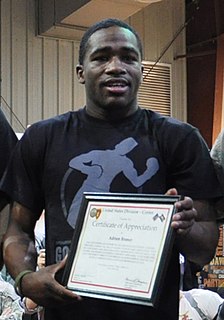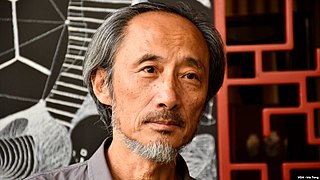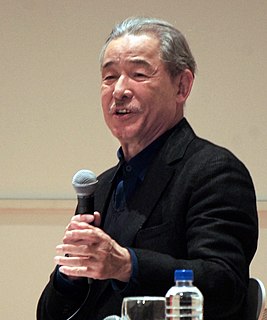A Quote by Sho Baraka
It's true that PC culture has created very little honest dialogue.
Related Quotes
On the whole, dialogue is the most difficult thing, without any doubt. It's very difficult, unfortunately. You have to detach yourself from the notion of a lifelike quality. You see, actually lifelike, tape-recorded dialogue like this has very little to do with good novel dialogue. It's a matter of getting that awful tyranny of mimesis out of your mind, which is difficult.
When culture is created in boardrooms with a panel of six or seven strategists for the masses to follow, to me that is no different than an aristocracy. It's not created from the people in the middle of the streets, so to speak. It is created from a petri dish for the sake of making money, and it is undermining the longevity of the culture.
Make this decision today. Will you be a good and honest writer, or would you rather be famous, loved, noticed? Tell me, because there are different paths for these two divergent goals. The decision to be a true artist is lonelier and slower, but it will lead to better work and, I think, a better life. Very rarely you will be a good and honest writer and also know a little comfort and some attention and the well wishes of a crowd. This is very rare.
I would say my being disheartened has more to do with American culture than anything else. We are becoming a very shallow culture. My goodness, the celebrity ethos has taken over completely. Turn on the television and you see that over and over. There's very little substance. And so, everything gets shorter. Everything is entertainment oriented. Our churches reflect that. A thirty-five minute sermon without a Power Point or video clips is rare these days. That's not true in other countries so much.
The Chinese are quite entrepreneurial. Remember when Lenovo bought IBM's PC division. It was said that China didn't need a brand name, China didn't need to buy Lenovo to get into the PC business, I remember reading a one-liner somewhere which struck me as quite possibly true, it said the one thing that the Chinese had not been able to copy or figure out was the way, in terms of systems, that Americans - it probably would be true for Europeans as well - that Americans install and live by their management systems, while China is still quite half-assed. Perhaps that is a true statement.








































